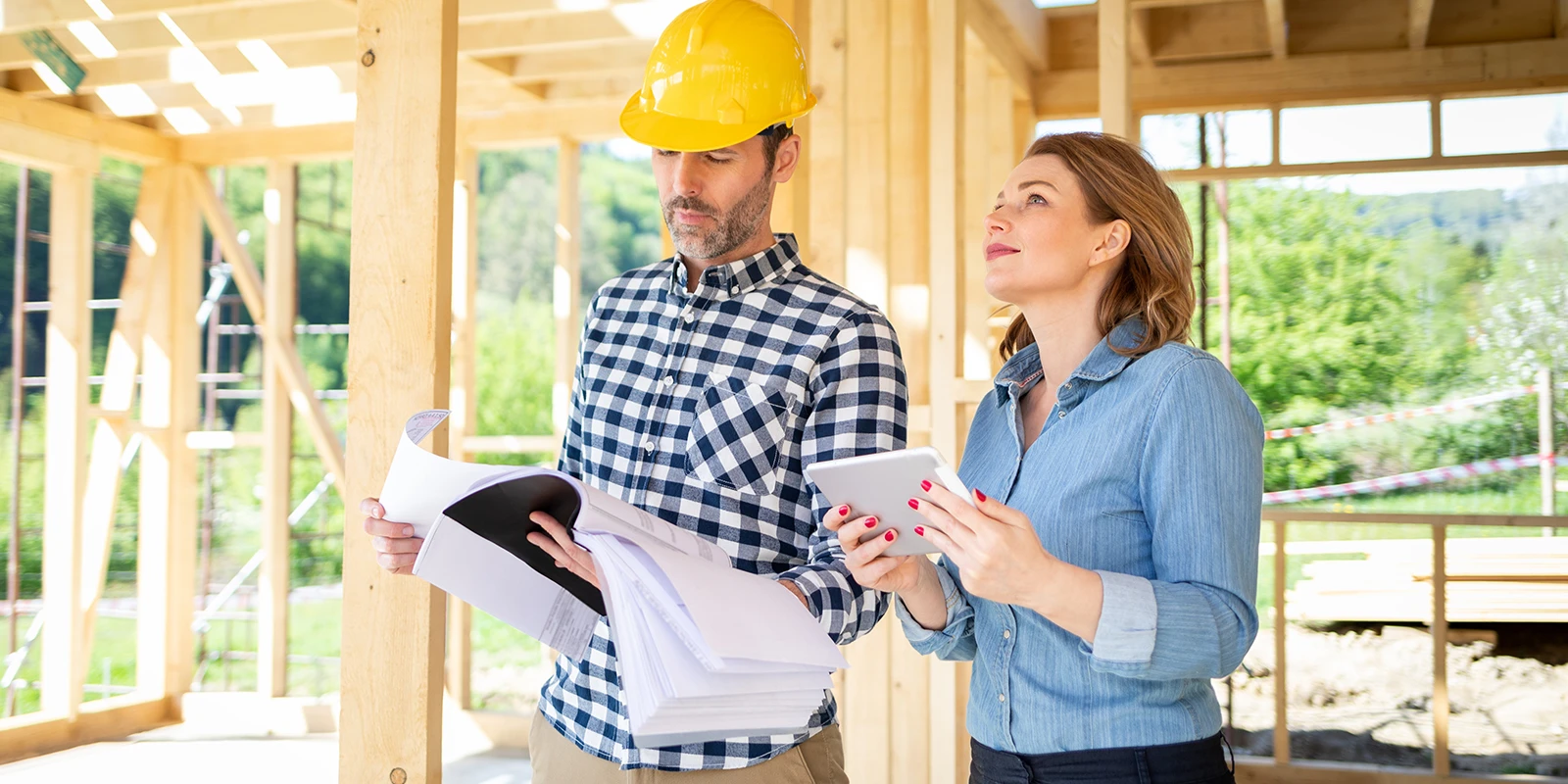What It Means to Be an Owner-Builder and How to Succeed
Understanding the Role of an Owner-Builder
Taking on the role of an owner-builder means assuming the responsibilities of a general contractor while managing the construction of your custom home. This approach allows for cost savings and greater control over the project, but it also requires organization, planning, and active project management.
Unlike hiring a traditional builder, an owner-builder must:
- Hire and coordinate vendors and subcontractors
- Manage the construction schedule and budget
- Ensure quality control throughout the build
With the right guidance and a clear strategy, building your own home doesn’t have to feel overwhelming. Explore the advantages of building your own home with Built Green Custom Homes to discover how their support and systems can make your owner-builder experience efficient, rewarding, and tailored to your vision.

Keys to Success as an Owner-Builder
Be Organized from Start to Finish
A well-organized owner-builder ensures the project runs smoothly.
Best practices include:
- Maintaining a digital and physical project folder with bids, plans, permits, engineering documents, and schedules.
- Keeping vendors and contractors updated with the latest building documents
- Taking notes and pictures of changes or “red lines” to track updates accurately.
Keep Detailed Records
Tracking your project through documentation is essential.
As an owner-builder, you should:
- Record all inspections and keep photographic evidence of corrections.
- Monitor invoices and payments to ensure contractors are only paid for completed work.
- File contractor agreements, insurance, and lien releases before issuing payments.
Staying Proactive During the Building Process
Make Material Selections Early
Selecting and procuring materials in advance prevents delays caused by shipping or shortages. Work with your vendors early to secure everything needed for construction.
Schedule Contractors in Advance
Many contractors have busy schedules, so book them ahead of time. By keeping them informed about your timeline, you ensure availability when their work is required.
Use the Built Green Custom Homes Building Schedule
This tool helps you stay on track and is adapted to your specific type of construction.. Many owner-builders agree this is the most valuable tool available for owner-builders building their own custom homes.
Managing Costs and Budgeting as an Owner-Builder
Set a Realistic Budget with a Contingency Fund
Construction projects can come with unexpected costs. Most lenders require a 5% contingency fund, but even if you are self-financing, it’s essential to be prepared.
Negotiate with Vendors and Contractors
Some vendors and subcontractors are open to negotiation, especially if they are not fully booked. Always ask if there are cost-saving options available.
Minimize Change Orders
Changes during construction can lead to delays and increased costs. Avoid modifying structural elements like ceiling heights/treatments, walls, or square footage unless absolutely necessary.
Communication is Key to a Successful Build
Stay in Contact with Your Building Consultant
Hiring a Building Consultant to guide you through the process is an invaluable resource. BGCH Building Consultants help owner-builders with selecting vendors and subcontractors, reviewing scope of work, and making project decisions.
Work with Licensed Professionals
For questions about building codes, structural integrity, and safety, rely on your:
- Architect
- Engineer
- Surveyor
- Inspectors
Set Clear Expectations with Contractors
Before hiring subcontractors, define your expectations and check their references. For finish contractors (painters, carpenters, flooring specialists), reviewing past work is especially important.
Final Steps for Owner-Builder Success
Hold Back a Retainer Until Work Is Completed
A 10% retainer ensures contractors complete their work to your satisfaction. If they don’t invoice until the job is finished, this may not apply, but in most cases, a retainer provides important leverage.
Perform a Final Walkthrough Before Making Final Payments
Before making the final payment, do a thorough inspection of all work completed. This ensures that any issues are resolved before contractors leave the site.
Succeeding as an Owner-Builder
Becoming an owner-builder is a rewarding experience that offers cost savings and full control over your home’s construction. However, success requires organization, strong communication, and financial discipline.
By following these best practices, you can avoid common pitfalls, stay on budget, and complete your project efficiently.
Need expert guidance? Contact us today to learn how we can help you succeed in your owner-builder journey.
Questions? Comments? Contact Us for more information


 Free Building Classes
Free Building Classes




